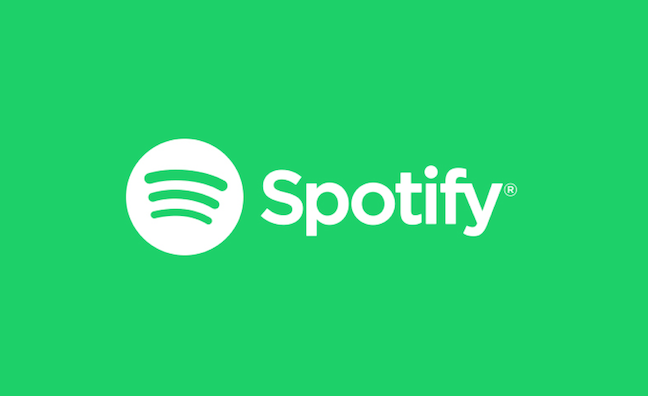There’s nothing like a good, old-fashioned music business power struggle – and, despite the digital bells and whistles, that’s exactly what the spat in India between Spotify and Warner Music Group is.
The bust-up – over whether Spotify is entitled to a statutory licence to Warner/Chappell repertoire, rather than needing a direct one – has seen the rhetoric ramped up to 11, with the streaming service accusing Warner of “abusive behaviour” and the major, in turn, branding their comments “appalling”.
No one comes out of this particularly well, but not even the biggest slanging match can hide the fact that this is not ultimately about the Indian market – which has so many idiosyncrasies neither Spotify nor Warner could really claim to be one of the biggest players in the field.
No, this is about Spotify’s modus operandi. The DSP went ahead and launched in India anyway, at the princely sum of £1.27 per month, at a time when the majors are looking to get average revenue per user moving upwards, not downwards. A topic on which, as Music Week revealed back in December, Warner boss Steve Cooper has been particularly vocal.
Spotify is under pressure like never before. How it handles that will be crucial...
So, given that Spotify went to all the trouble of securing an Indian licence from Sony and Universal, why didn't it wait until it had done a deal with the third major before pressing ahead? Well, now that Spotify is a public company, a successful India launch is crucial to their stated ambitions of growing subscribers. Timing was also crucial, with Lyor Cohen revealing to Music Week that YouTube Music is set to launch on the sub-continent soon, and already boasting a huge audience for its free platform.
Warner leveraging Warner/Chappell repertoire was designed to frustrate that, as W/C controlled songs affect material across the label spectrum. But Spotify’s contracts with the majors are also up for renewal, and both sides will have one eye on those negotiations. The No.1 streaming service is still hugely important to the music business, but it’s no longer the only game in town, so such a public disagreement with one of its biggest suppliers is a high stakes gambit to say the least. With a market cap currently hovering around the £20 billion mark, Spotify can no longer credibly play the impoverished start-up (although it's interesting to note that, despite some believing Spotify's tough talk about the majors is a stock play, Spotify's share price has fallen by around $15 since the row). Yet nor is it sufficiently dominant globally to throw its weight around without pushback like this (and the court battle seems far from over).
Instead, with increased competition, demanding shareholders and a resurgent record biz to deal with, Spotify is under pressure like never before. How it handles that will be crucial. For everyone.











